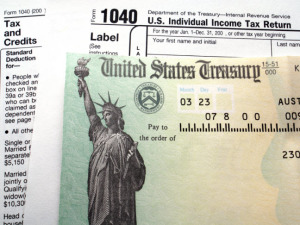Dear Liz: How does one get credit reports for someone who is dead? My deceased husband is still on my mortgage and I’d like to review his report to make sure it is correct. The estate went through probate, so I have court documents showing I am the executor. I looked at credit bureau websites and attempted to contact them by phone but have not been able to determine what information they need or where it should be sent.
Answer: The only thing that needs to be correct about your husband’s credit reports is the fact that he’s dead. Any other mistakes are irrelevant at this point, but his identity can still be stolen if the bureaus don’t know he’s deceased.
This is no small issue. About 2 million dead people have their identities stolen every year, either because they’ve been deliberately targeted or because criminals filling out credit applications used made-up Social Security numbers that happen to match those of people who have died, according to a 2012 study by research firm ID Analytics.
Eventually, the credit bureaus should get word of a death. Bureaus periodically check the Social Security death master file, which is a database of all the deaths reported to the agency. Lenders also notify the bureaus when they receive information that someone has died.
Just to make sure, though, you should notify the bureaus directly. Ask that a “deceased alert” be added to his files. Send death certificates — the real thing, not photocopies — by certified mail, return receipt requested. The addresses to use include:
TransUnion LLC, P.O. Box 2000, Chester, PA 19022
Experian, P.O. Box 2002, Allen, TX 75013
Equifax, P.O. Box 740260, Atlanta, GA 30374




